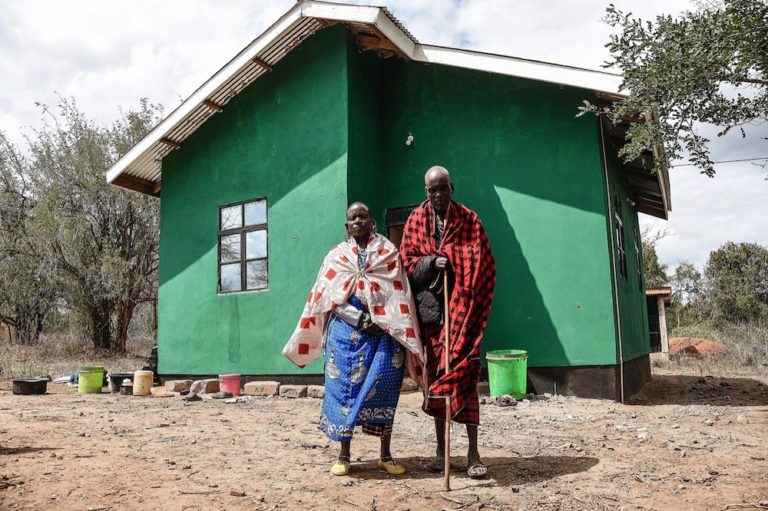MISA notes that Tanzania has a progressive and functioning media council that could have been engaged by the state in order to seek redress. That the charges are based on the Newspaper Act speaks to the need for continuous review and tangible reform of legislation that governs media operations in the country.
(MISA/IFEX) – 8 March 2012 – A Dar-es-Salaam court has charged two senior editors, Absalom Kibanda of Tanzania Daima and Theopil Makunga of Mwananchi Communications (Ltd), and features writer Samson Mwigamba with sedition.
The charges are in connection with an article authored by Mwigamba and published last year in a local daily tabloid, Tanzania Daima.
The prosecution read a new charge of sedition against the three, substituting it from the previous one that was in reference to “inciting a mutiny” through a newspaper article. They were told that the previous charge of “inciting soldiers and policemen to mutiny” was drawn under the Penal Code and the new charge of sedition was made under the Newspaper Act as amended in 2002.
In substituting the charge, the prosecution informed the Kisutu Resident Magistrate’s Court of the decision to add the name of Makunga, Group Managing Editor at Mwananchi Communications (Ltd), on the list of accused. Makunga also had one other charge added against him but it could not be read in his absentia. Mwananchi Communications (Ltd) neither owns nor publishes Tanzania Daima and details are sketchy at the moment as to why Makunga is also being charged.
The charges against Kibanda and Mwigamba, read in court by the prosecution, said the two published a seditious article in Issue number 2553 of the tabloid [Tanzania Daima] on 30 November 2011 “with intent to excite disaffection against the lawful authority of the United Republic of Tanzania”.
The accused pleaded not guilty to the charge and are all out on bail. The case was adjourned to 26 March 2012.
The Media Institute of Southern Africa is worried about these developments, especially in relation to the change in charges the journalists are facing. Tanzania has a progressive and functioning media council that could have been engaged by the state in order to seek redress. That the new and more serious charges are based on the Newspaper Act speaks to the need for continuous review and tangible reform of legislation that governs operations of the media in Tanzania, as many and diverse as they are.


